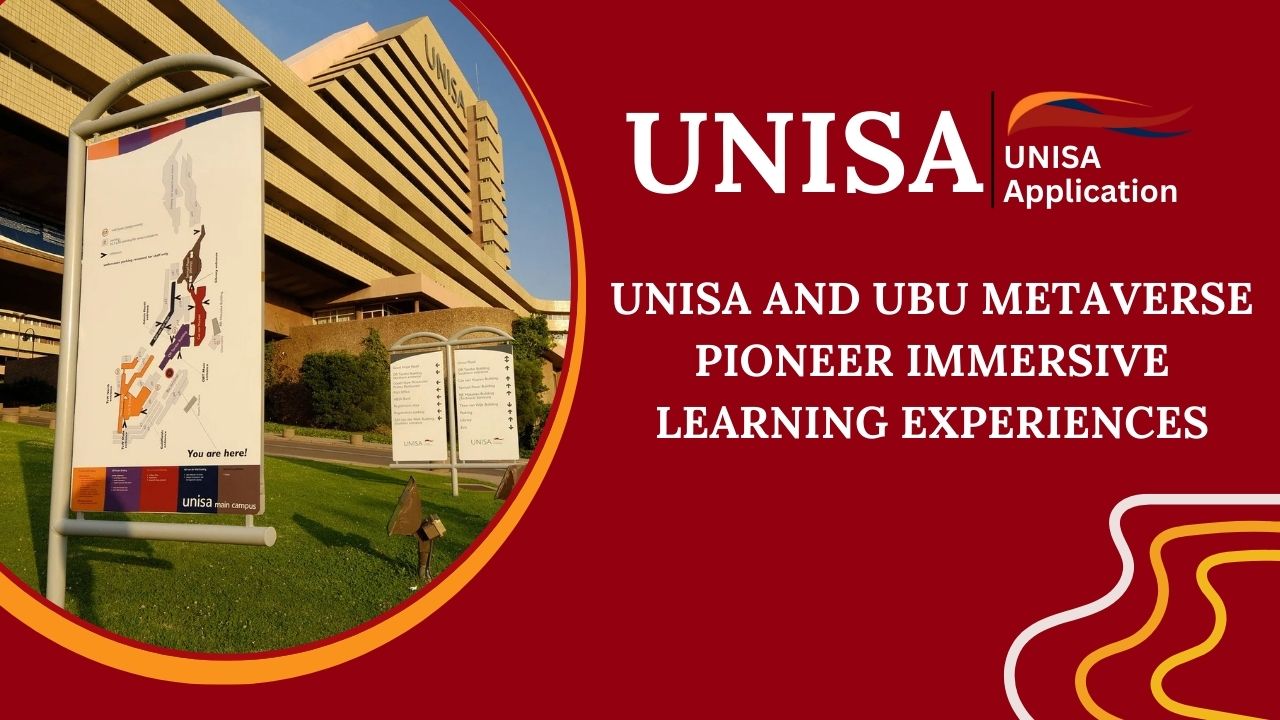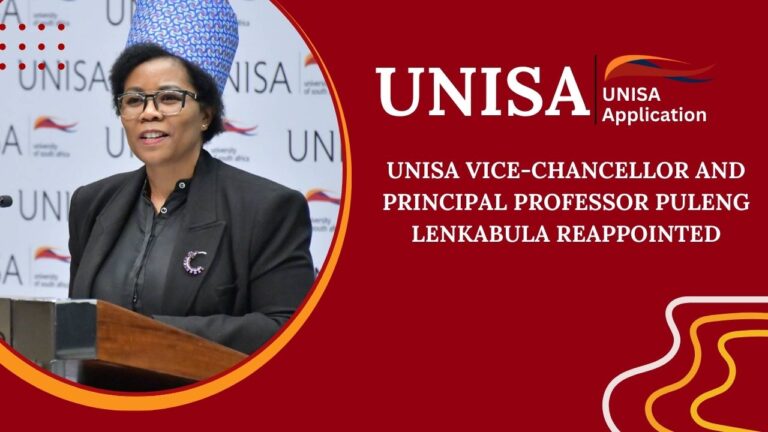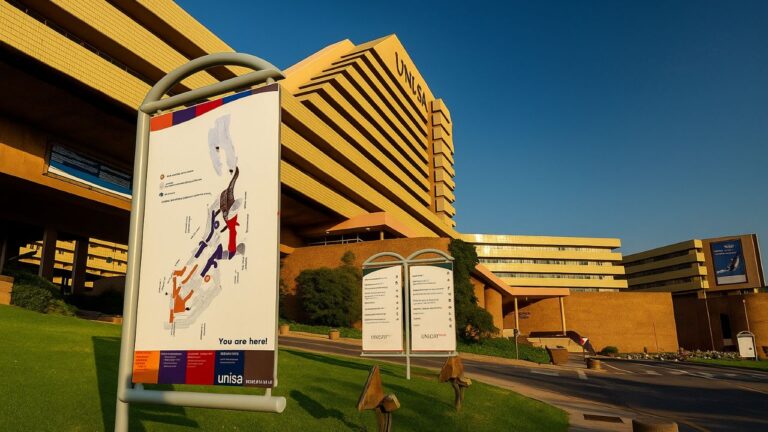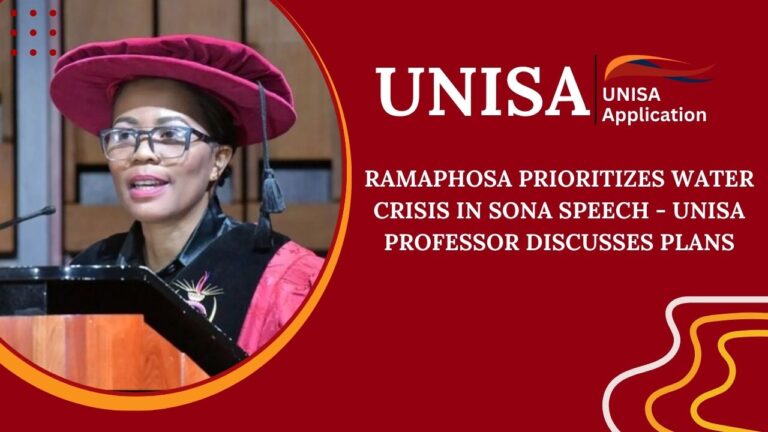UNISA and UBU Metaverse Pioneer Immersive Learning Experiences

UNISA and UBU Metaverse Pioneer Immersive Learning Experiences. South Africa is at the forefront of a transformative educational revolution, embracing the metaverse to redefine learning experiences. By integrating immersive technologies, institutions are crafting dynamic, interactive environments that transcend traditional classroom boundaries.
Embracing Immersive Learning
In collaboration with UBU, the University of South Africa (UNISA) is spearheading initiatives to harness the metaverse for education. Their joint efforts focus on creating immersive learning experiences that combine virtual reality (VR), gamification, and artificial intelligence (AI) to foster engagement and enhance knowledge retention.
- Interactive 3D Environments: Allowing students to explore and engage with content in a virtual space.
- Gamified Learning Activities: Incorporating quizzes, treasure hunts, and role-playing to reinforce concepts.
- AI-Driven Support: Providing real-time feedback and personalized learning pathways.
- Digital Credentials: Issuing blockchain-verified certificates upon course completion.
These innovations aim to make learning more accessible and effective, particularly in regions where traditional educational resources are limited.
Rise of Metaverse Education in South Africa
The metaverse education sector in South Africa is experiencing rapid growth. Projections indicate that the market will reach approximately US$12.1 million in 2024, with an anticipated annual growth rate of 48.99%, culminating in a market volume of US$132.7 million by 2030. This surge is driven by the demand for immersive and interactive learning platforms that can bridge educational gaps, especially in remote areas.
Institutional Innovations
Several South African universities are integrating immersive technologies into their curricula:
- University of Johannesburg’s VARSTEME Hub: Offers students the opportunity to navigate complex biological structures in a virtual lab, enhancing understanding of abstract concepts.
- University of Pretoria’s Immersive Technology Lab: Provides a platform for students to develop VR applications, fostering skills essential for the modern workforce.
These institutions are not only enhancing the learning experience but also preparing students for careers in emerging tech-driven industries.
Empowering Students Through Innovation
South African students are actively participating in the metaverse movement. Notably, UNISA students Susan and Tamara Jonas developed a virtual tour experience that combines education and cultural exploration. Their project, which won first place in the AR/VR Africa Metathon 2022, exemplifies how immersive technologies can be leveraged for social impact and educational advancement.
Addressing Challenges and Ensuring Accessibility
While the benefits of metaverse education are significant, challenges such as the cost of VR equipment and internet accessibility persist. Initiatives like the development of affordable VR headsets and government support are crucial in overcoming these barriers, ensuring that immersive learning is accessible to all students across South Africa.
Conclusion
South Africa’s embrace of metaverse education signifies a commitment to innovation and inclusivity in learning. By integrating immersive learning experiences, the country is enhancing educational outcomes and equipping students with the skills necessary for the digital age. As these technologies continue to evolve, South Africa stands poised to be a leader in the global educational landscape.






